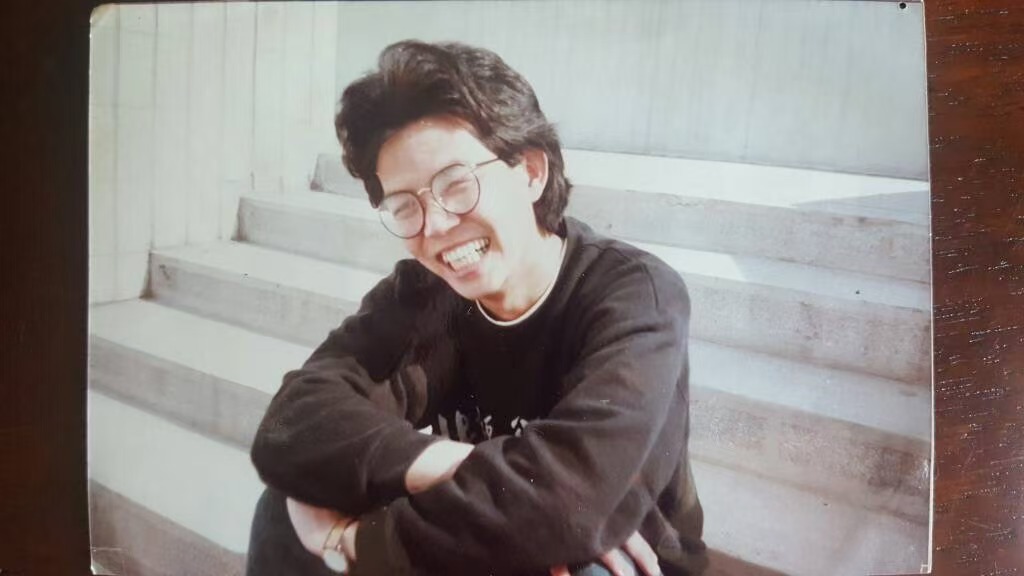Philosophy Is Activism: The Curious Case of Ooi Kee Beng
By Wan Hamidi Hamid
May 2025 COVER STORY
Wan Hamidi Hamid

is a veteran journalist who has spent some 30 years in journalism, media consultancy and political communication. He is now media advisor to DAP Strategic Director, Liew Chin Tong.




